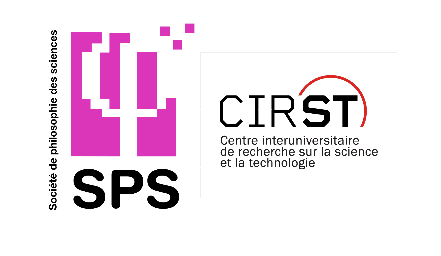The notion of organization was neglected by the mainstream philosophy of biology of the 20th century, mainly concerned with evolutionary and molecular issues. Recently, however, this notion is being recovered, along the new systemic concerns arising in Systems Biology and Evo-Devo, and the greater attention paid to biological organization has initiated a new philosophical analysis of its connection with biological function.
This symposium aims to examine the explanatory role of biological organization in current biomedical sciences. Topics focus on whether biological organization is (causally) open or close, on how constitutive parts are integrated, and on how organization can ground the teleological and normative dimensions. Specific attention will be paid to how organization-based approaches to biological function can face criticisms coming from accounts worried about the evolutionary and interactive aspects of living phenomena, and to how the notion of organization can ground a better understanding of organisms.
The first paper departs from the notion of “organizational closure” and defends that functions may be naturalized as contributions to the organization. The second sees problems in the very notion of organizational closure and considers that there are several fields (like EcoEvoDevo) and issues (as that concerning hierarchical levels) in Biology that suggest that the organization should be open rather than closed. The third paper examines form and function in Evo-Devo, where function may be seen as an internal adaptation. Finally, the last paper relates living organization with normativity, and how it can play a role in judgements on states of health and disease.


